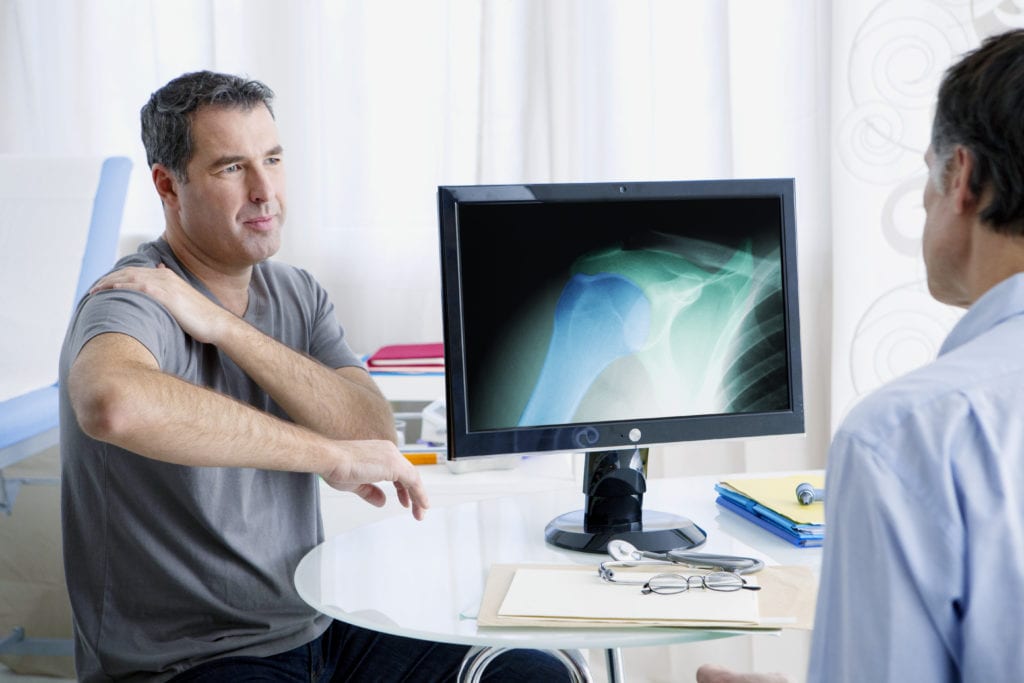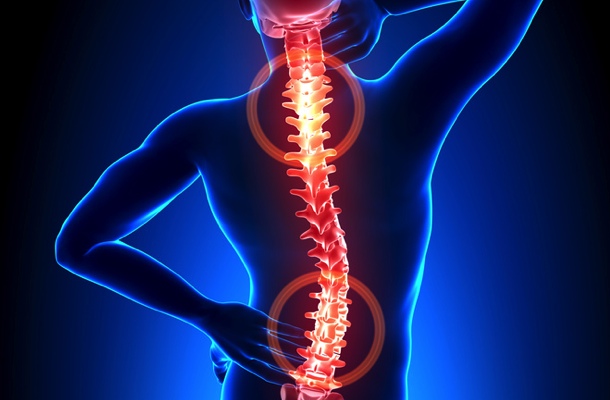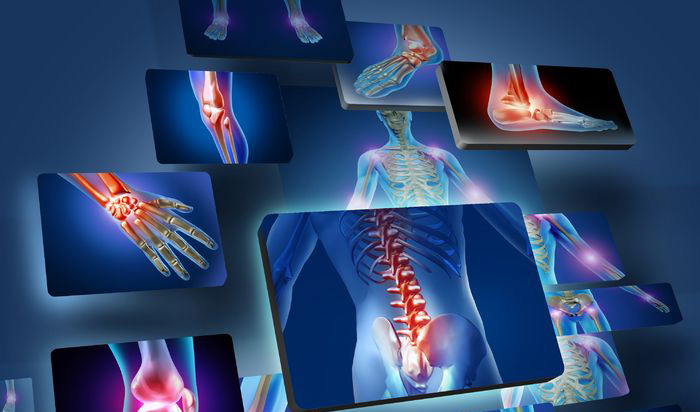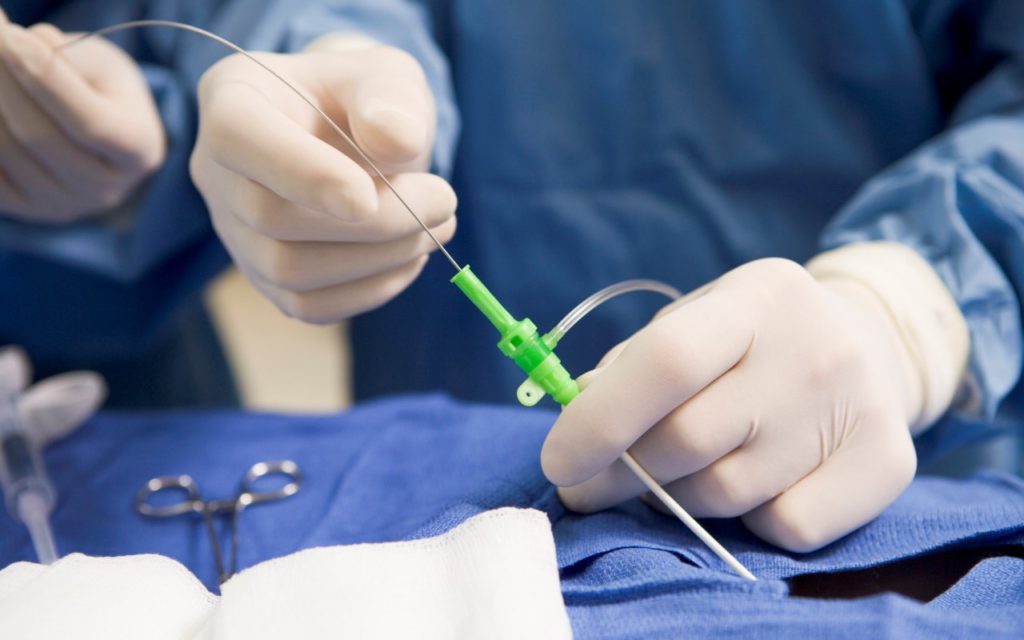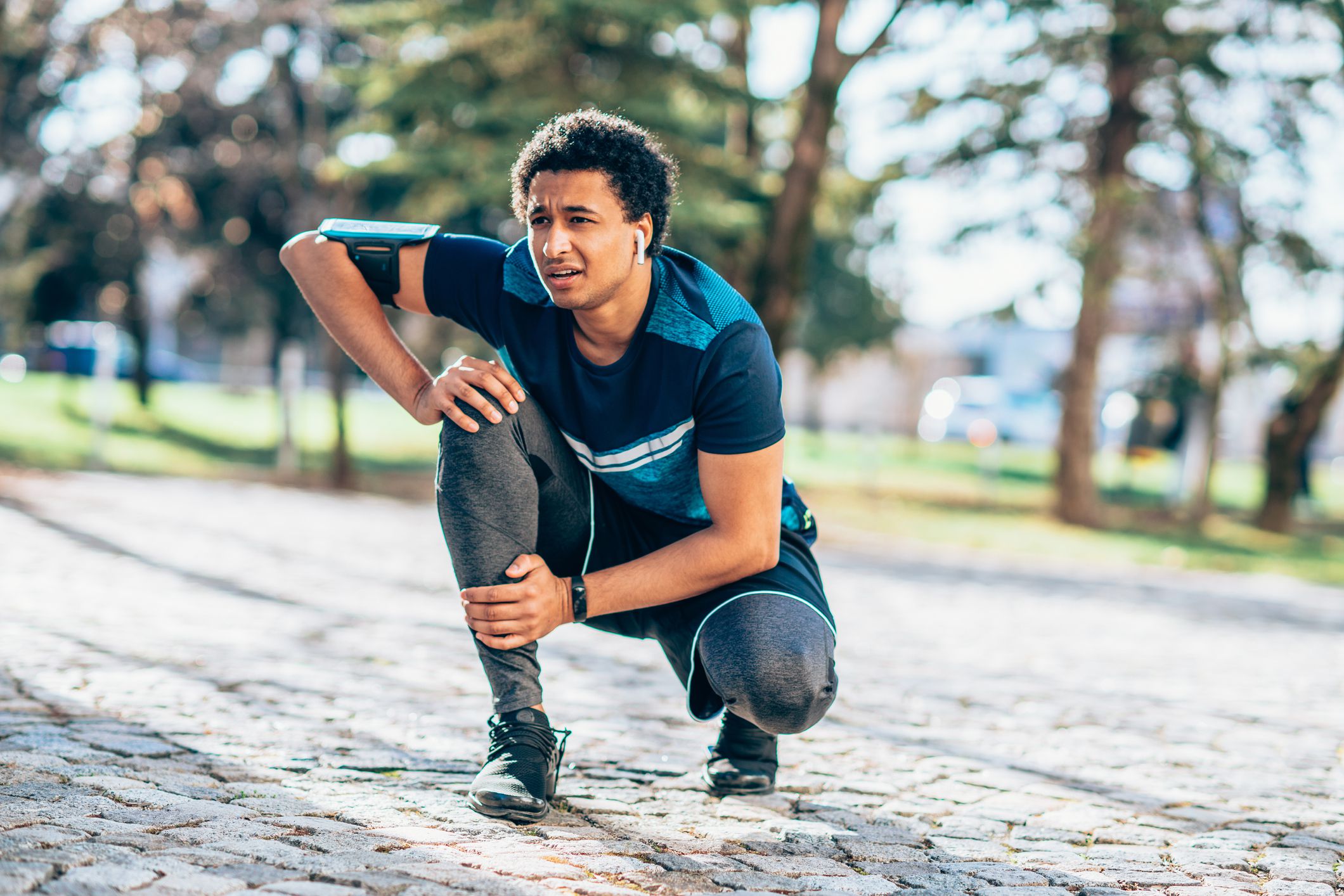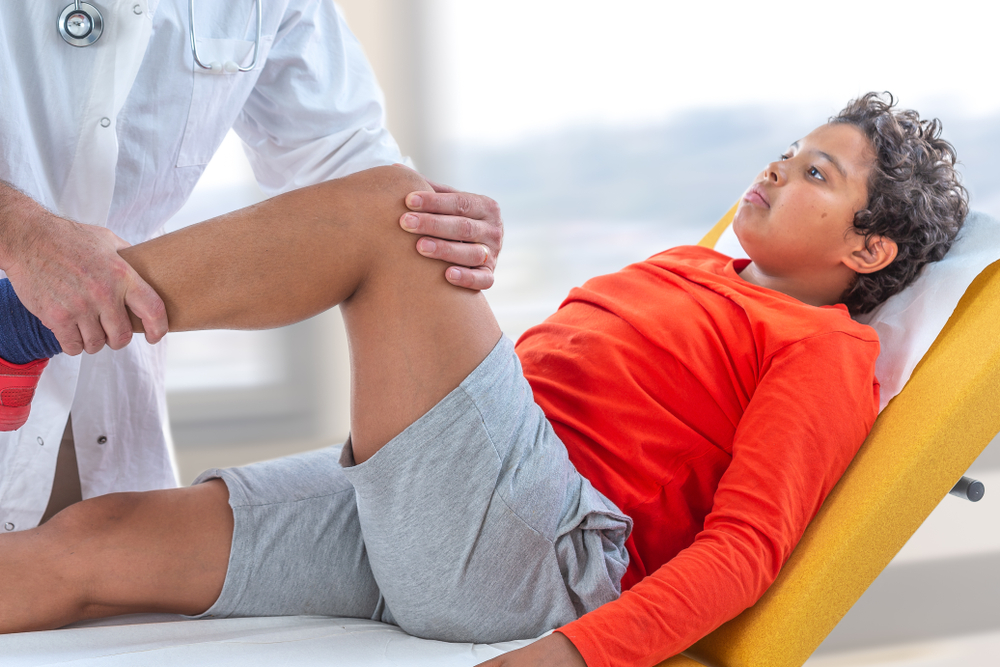What is the pelvis?
The pelvis is a butterfly-shaped group of bones at the base of the spine. It consists of the pubis, ilium, and ischium bones held together by tough ligaments to form a girdle of bones. With a hole in its center, the pelvis forms one major ring and two smaller rings of bone that support and protect the bladder, intestines, and rectum.
Pelvic fractures are uncommon and range widely from mild to severe. Pelvic rings often break in more than one place.
A mild fracture that occurs from the impact of jogging may heal in several weeks without surgery. However, a serious pelvic fracture can be life-threatening and may involve damage to the organs the pelvis protects. This type of fracture often needs emergency medical care and lengthy physical therapy and rehabilitation.
Symptoms of pelvic fractures
The main symptom of a pelvic fracture is a pain in the groin, hip, thigh, or lower back. Other symptoms may include:
- Abdominal pain
- Numbness or tingling in the groin or legs
- Bleeding from the vagina, urethra, or rectum
- Difficulty urinating
- Difficulty walking or standing

What causes pelvic fractures?
Pelvic fractures caused by high-force or high-speed injuries are often unstable and need urgent hospital treatment.

Less severe fractures which involve undisplaced fractures can occur after falls or trips, particularly if the bones are ‘thin’ (osteoporosis).
Painful but stable fractures are more common in elderly people who tend to have ‘thinner’ bones, and who are sometimes prone to falls.
How is a pelvic fracture diagnosed?
There may be injuries to organs within the pelvic ring such as the intestines, kidneys, bladder, or genitals and an X-ray will show the fracture.

Depending on how bad the fracture is, other imaging procedures may be needed such as contrasting studies where a radioactive dye is injected to create pictures to evaluate organs and structures in the pelvic area, such as the urethra, bladder, and blood vessels.
If your fracture happened unusually easily, and your doctor thinks there is a possibility that you have underlying osteoporosis, you may be offered a bone scan to check your bone density.
Pelvic Fractures Treatment
Treatment is based on several factors, including:
- The specific pattern of the fracture
- How much the bones are displaced
- Your overall condition and associated injuries

Your doctor may recommend nonsurgical treatment for stable fractures in which the bones are nondisplaced or minimally displaced.
Nonsurgical treatments for pelvic fractures may include:
- Walking aids. To avoid bearing weight on your leg, your doctor may recommend that you use crutches or a walker until your bones are fully healed. If you have injuries above both legs, you may need to use a wheelchair for some time so that you can avoid bearing weight on either leg.
- Medications. Your doctor may prescribe medication to relieve pain, as well as a blood thinner, to reduce the risk of blood clots forming in the veins of your legs and pelvis.
Surgical treatment of pelvic fractures
Patients with unstable pelvic fractures may require one or more surgical procedures.
- External fixation: Your doctor may use external fixation to stabilize your pelvic area.
- Skeletal traction: Skeletal traction is often used immediately after an injury and removed after surgery.
Most people who experience pelvic fracture walk again after a few months. Recovery will be quicker if the fracture is less severe and if you are younger and fitter, or if you have healthy active muscles. Sometimes, a major pelvic fracture can affect your mobility in the long term.
How are pelvic fractures prevented?
You can reduce the chance of pelvic fractures through the use of safety devices when traveling at speed, such as seat belts and impact protection systems (airbags), and also by driving at a safe speed for the conditions.
Any safety procedure that reduces the risk of falls from high levels, including site safety on construction sites, will reduce the risk of major trauma.
Treatments to improve bone density will make fractures less likely in those with osteoporosis. In patients with balance problems, physiotherapy and occupational therapy can help core stability, balance, fitness, and strength.

In need of an orthopedic specialist in Kenya? Schedule an appointment with our specialty-trained trauma and fracture doctor to talk through your options.
Orthobridge Orthopedic Clinic in Kenya offers comprehensive treatment for a full range of traumatic injuries.



